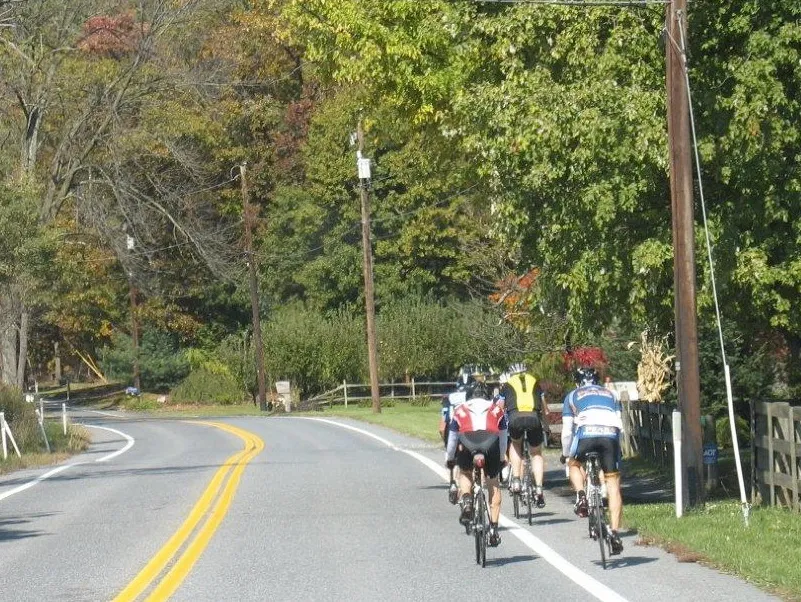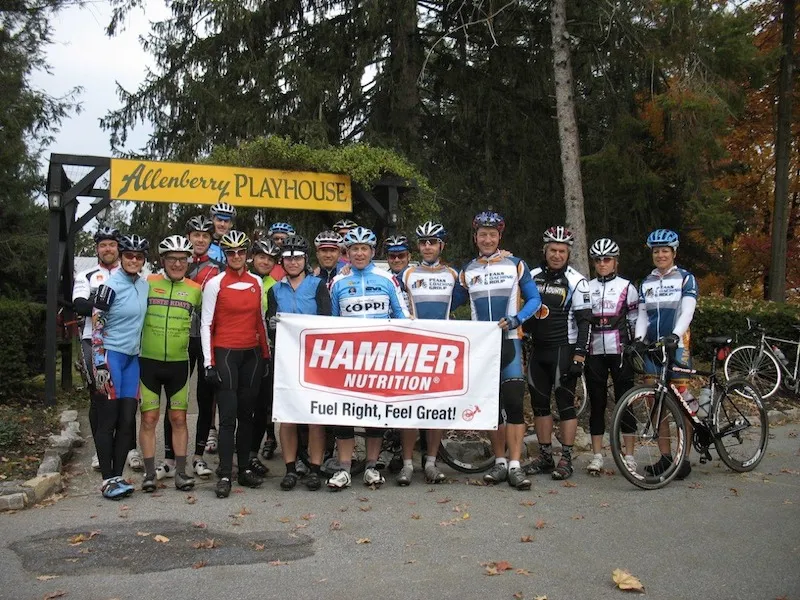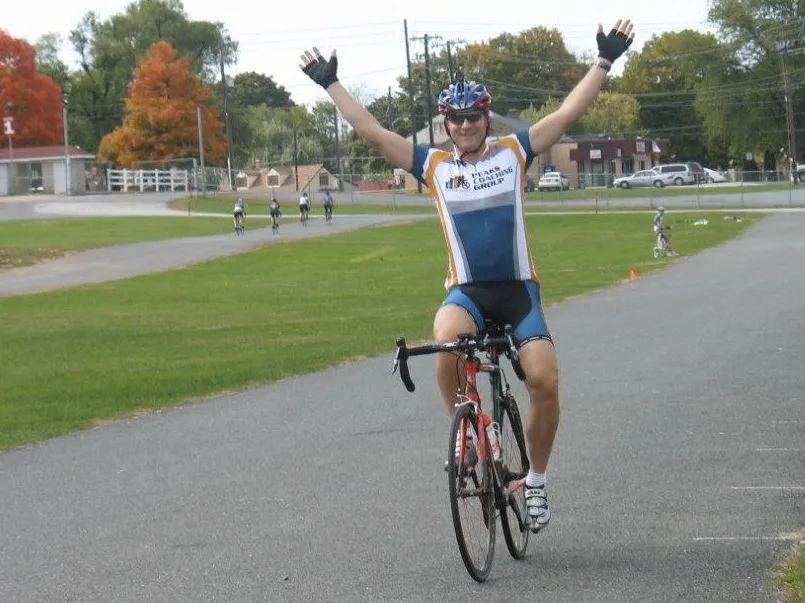Hunter Allen is a former professional road racer who spent 17 years racing in Europe and the Americas. After his retirement he became a USA Cycling elite level coach, certified nutritional consultant, yoga teacher and tai chi instructor.
Allen made his name, however, by co-founding the Peaks Coaching Group and co-creating the CyclingPeaks software, which is now TrainingPeaks WKO , one of the most advanced power analysis packages available. He also co-wrote Training and Racing with a Power Meter, the power training bible.
BikeRadar: What do you think has led to the increase in popularity of power meters?
HA: Back when we launched CyclingPeaks software in 2003 it was all about education, so my first four or five years were 'educate, educate, educate'. That culminated with a book and speaking tours to teach coaches about it. I think that [education] is the underlying theme and that has propagated to thousands of coaches, and then the coaches have disseminated that information to their athletes.
The second part of it is usage by the pros. Lance Armstrong with his SRM or Jens Voigt or David Millar with his PowerTap – that’s exciting for the normal athlete to see. The third thing is that it just works. There are no ifs, ands or buts. Train with it [power meter] and get stronger. There’s the quantitative measurement and you see that you really improve right there on your computer screen. That gets you excited and you tell people about it.
Do you personally train with power?
When I was a pro we didn’t have them [power meters]. I was a pro in the mid-90s and we just had downloadable heart rate monitors. I have reams and reams of three-ring binders full of heart rate graphs. An athlete approached me after I retired asking to be coached with one of these things [power meter] and I said, ‘Sure, I’d be glad to.’ That was back in ’98, ’99. Once we started sending spreadsheets back and forth, I bought one because I had no idea what 300 watts was. Then I decided that I had to go and train again, in what I call the data collection phase; that’s the first step.
What are the steps to training with power now?
Now we have more of a process. Instead of just randomly going out and doing rides, we do testing. We do a 20-minute test to see if we can figure out where your threshold is. Then we do our power profile test, where we get your best sprint, your best one-minute and your best five-minute efforts, and we create this thing called your power profile. That tells us your strengths and weaknesses. That first month is all about collecting data.
What do you see as the power meter’s greatest benefit?
It’s hard to say because there are so many benefits, and they’re all really good.

A 'data gathering' ride at Peak Coaching Group's Spring Power Camp
Top three, then...
Number one is the planning. I can actually plan my training around the response I want to get; this is called the dose and response system. Pacing is also a very, very big part. On-the-bike pacing in an event is very important, whether that’s a time trial, a criterium, a road race or even a breakaway. We often lose sight of the fact that this sport really is a sport of pacing. So we’ve got pre, during and then the post side, the actual analysis side; figuring out what the data means – did I improve, and how much can I handle?
Has coaching changed because of the use of power meters?
Now, I have a very clear understanding of what needs to be done to elicit a certain response. Before, if we wanted to improve your ability to go hard for a short period of time and recover quickly, we knew to do short intervals. Now, there are wattage numbers that we are trying to hit, a goal effort. It’s changed the prescription side of the coaching.
Does volume still count for what it did before the popularity of the power meter?
That has changed. There are a lot of these old myths that have been propagated throughout the years – base training for two months, riding really slow, or whatever. Those things work well for pros, but are just silly for the rest of us. If you’ve got eight to 10 hours a week to train, you can’t afford to ride slow. It does mean that you’ve got to keep a higher level of fitness throughout the season and take more of these smaller rest periods.
What's the biggest mistake you see people make when training with a power meter?
They don’t value the cumulative power of all of the data. It gives you your training stress and tells you how much you can handle over three months, four months, six months... It allows you to look at it in that periodic type of way. What you really need to understand is how it all builds together. It can tell you your chronic training load [what you do every day], but you have to account for that. If you just ride, collect information and look at it in the performance manger chart in our WK0 software it can tell you a whole lot about what you can handle.
How did the idea to develop the software come about?
A client, Kevin Williams, and I went to the first power seminar in Philadelphia, Pennsylvania in 2001 or 2002. The whole time, all those guys [those presenting at the conference] said was, 'Man, the software sucks'. My client was a programmer and said he could make the software. So just like the stories you’ve heard, on a napkin over lunch we started thinking of how to make CyclingPeaks software. That was the tipping point then.
Anyone wanting to know more about training with a power meter may be interested in a competition being run on Peaks Coaching Group's new fan page on Facebook. Top prize in the Max Watts 1420 Fan Contest is a free trip to the Spring Power Camp with Hunter Allen and Scott Moninger. The week-long training camp features a blend of learning about power training, on-the-road coaching and plenty of miles to finish off base training and get ready for the race season.It's held in April in the Blue Ridge Mountains.

A place at the Spring Power Camp is up for grabs on Facebook
